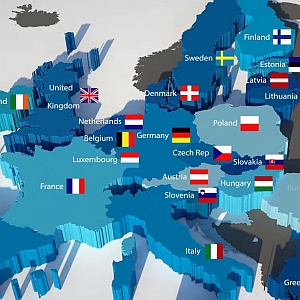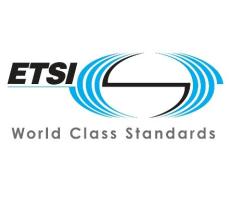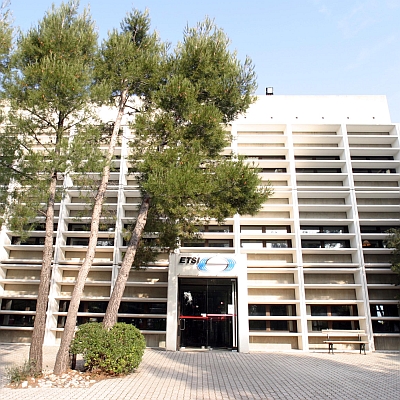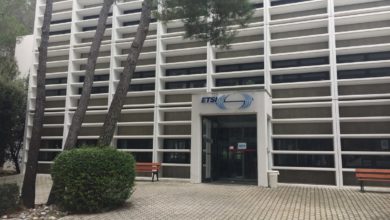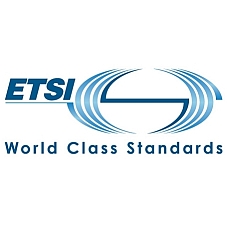Gerald MCQUAID, ha partecipato al Comitato Tecnico di rivista come ex Vodafone Group responsible for national security obligations. Chairman of ETSI Technical Committee for Lawful Interception and attending ETSI TC CYBER and 3GPP SA3 LI since 2004. Member of the EU Data Retention Experts Group under the auspices of the European Commission.

